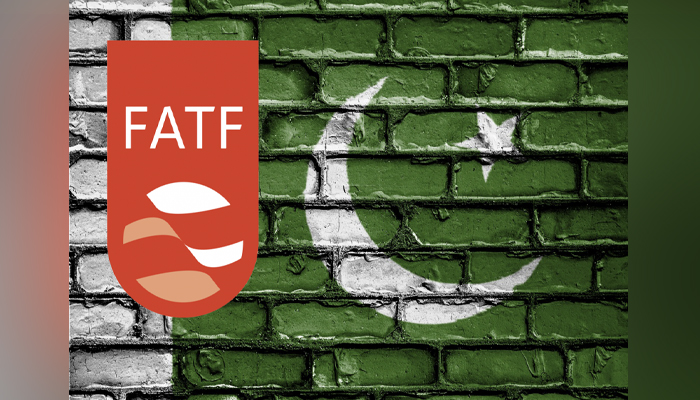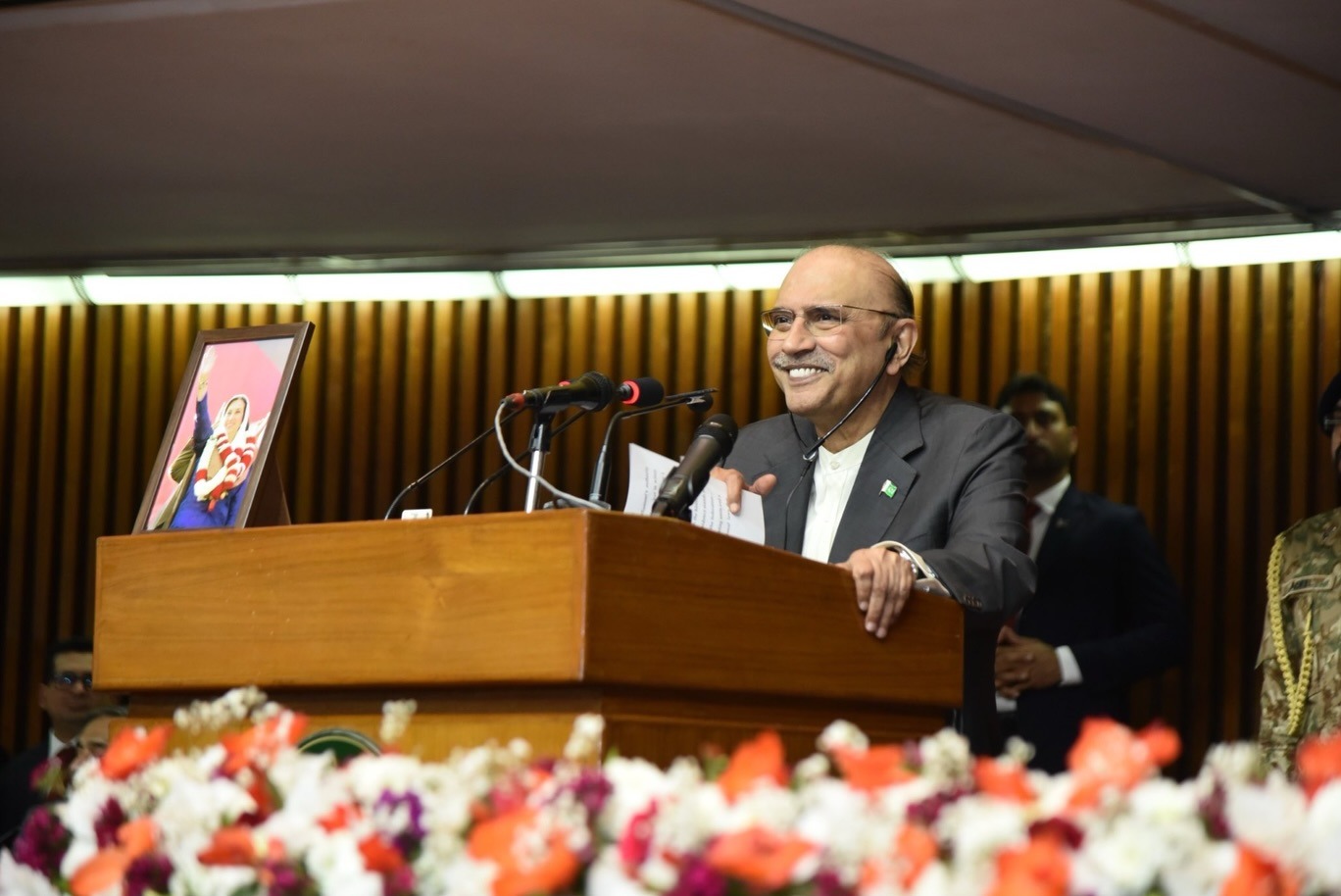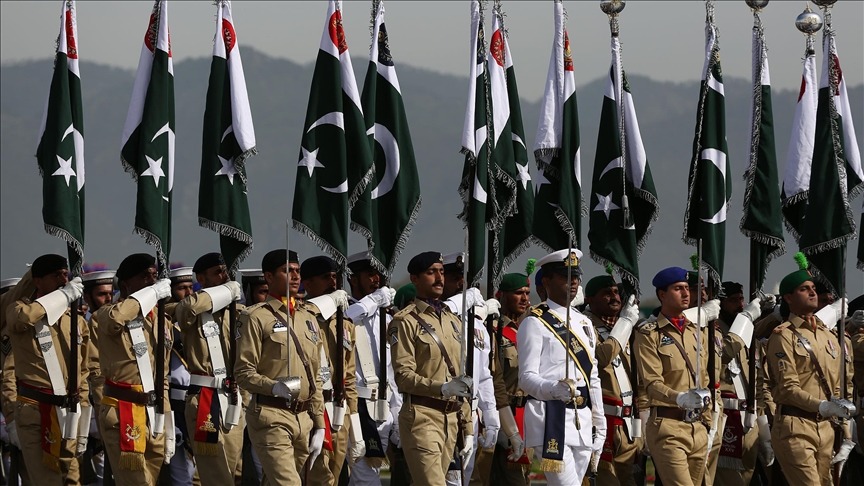New Delhi (PNP) India’s efforts to economically undermine Pakistan on the global stage have once again come to light.
According to diplomatic sources and political analysts, India has intensified its malicious campaign against Pakistan by not only initiating a false global propaganda drive but also actively attempting to get Pakistan re-listed on the Financial Action Task Force (FATF) grey list. This latest development has raised concerns among international observers, especially given Pakistan’s ongoing efforts to stabilize its economy and promote regional peace.
Baseless Dossier Presented to FATF
Sources familiar with the matter have revealed that India has submitted a dossier to the FATF that is filled with baseless allegations. These fabricated claims aim to mislead the global watchdog and apply undue financial pressure on Pakistan. Analysts suggest that the Indian dossier is not based on factual or verified evidence but rather on conjecture and politically motivated assumptions.
Experts believe the core purpose of this move is to sabotage Pakistan’s economic recovery by creating obstacles in the way of development projects and foreign investment. India, according to regional political commentators, is uneasy with Pakistan’s progress and fears losing its dominance in South Asia.
Opposition to World Bank’s Development Aid
Adding weight to these accusations is India’s reported objection to a $20 billion development assistance package approved by the World Bank for Pakistan. This strong opposition, experts say, further unveils India’s intentions to hinder Pakistan’s access to crucial financial support that could help boost infrastructure, education, energy, and health sectors.
Analysts assert that this is not an isolated incident but part of a consistent pattern of attempts by India to influence international financial institutions against Pakistan. They argue that India is exploiting its diplomatic channels to undermine Pakistan’s credibility and international standing.
Strategy to Destabilize Pakistan Economically
Political experts believe that India’s broader strategy involves depriving Pakistan of international financial assistance, thereby stalling the country’s economic development. This, in turn, is designed to create internal instability, weaken state institutions, and foment social unrest.
“The idea is simple: if Pakistan is denied economic opportunities, the resulting financial stress could lead to widespread dissatisfaction, giving India a strategic upper hand,” said a regional security analyst. “It’s a long-term game of economic sabotage disguised as concern for international norms.”
India’s attempts, however, come at a time when Pakistan has been steadily improving its compliance with FATF recommendations. In fact, after years of scrutiny and sustained efforts, Pakistan was removed from the FATF grey list in 2022 — a recognition of its progress in curbing terror financing and enhancing financial transparency.
Geopolitical Rivalry at the Core
Experts on South Asian geopolitics argue that India’s move is a manifestation of its deeper geopolitical rivalry with Pakistan. “India seeks to maintain its hegemony in the region and views Pakistan’s economic rise as a threat to its ambitions,” said Dr. Arif Qureshi, a political science professor based in Islamabad.
According to him, India’s aggressive diplomatic campaigns are less about FATF’s core mission and more about isolating Pakistan diplomatically and economically. He added, “These actions are part of a broader pattern that includes lobbying against Pakistan at international forums, opposing trade deals, and even influencing the narrative in global media.”
Pakistan’s Compliance and Positive Efforts Overlooked
Contrary to India’s claims, Pakistan has taken extensive measures over the last few years to comply with international financial standards. Authorities have passed new legislation, strengthened the role of financial monitoring units, and improved coordination between law enforcement and financial regulatory bodies.
“Pakistan has shown clear intent and action to tackle money laundering and terror financing,” said a former FATF official. “Reinclusion on the grey list based on politically motivated allegations would undermine FATF’s credibility.”
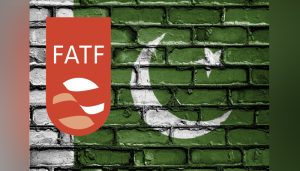
Pakistan has repeatedly emphasized its commitment to transparency, good governance, and adherence to international laws. Government representatives have argued that the country’s progress is measurable, documented, and has been acknowledged by multiple international stakeholders, including FATF itself.
Appeal to the International Community
Reacting to India’s efforts, Pakistani officials have urged the international community to resist falling prey to politically charged propaganda. “India is using financial watchdogs as tools of political warfare,” said a senior diplomat from Pakistan’s Ministry of Foreign Affairs. “We urge the global community to assess Pakistan’s progress independently and not through the lens of its adversaries.”
Pakistan’s call for fairness resonates with experts who caution against politicizing international regulatory bodies. “Institutions like FATF should remain impartial and objective,” said an international law expert. “Allowing any country to hijack such platforms for political purposes could erode trust in global financial governance.”
Regional Peace at Stake
The renewed attempt by India to isolate Pakistan on the international financial stage could also have broader implications for regional stability. Pakistan’s foreign policy in recent years has focused on economic connectivity, regional cooperation, and counterterrorism — goals that align with global interests in South Asia.
However, India’s aggressive stance, if left unchecked, risks undermining these efforts and dragging the region into a cycle of economic and political antagonism.
“Economic warfare can be as damaging as conventional warfare,” warned a senior economist. “At a time when the world is grappling with inflation, energy shortages, and climate change, countries in South Asia should be collaborating, not conspiring.”
Conclusion: A Test of Global Fairness
India’s attempt to get Pakistan back on the FATF grey list has triggered renewed debate on the role of international institutions and the influence of powerful nations. While Pakistan continues to emphasize its commitment to transparency and reform, it finds itself once again fighting politically driven narratives on the global stage.
As FATF prepares for future review sessions, the international community faces a critical test: will it uphold the principles of fairness and factual assessment, or will it allow geopolitical rivalries to dictate decisions?
For Pakistan, the stakes are high — not just in terms of international reputation, but also in securing the economic future of its 240 million citizens. For India, its actions may serve short-term strategic interests but could ultimately undermine the spirit of regional cooperation and trust.
In the end, the world must decide whether it will support responsible diplomacy and rule-based governance or allow international platforms to be misused as instruments of political pressure.
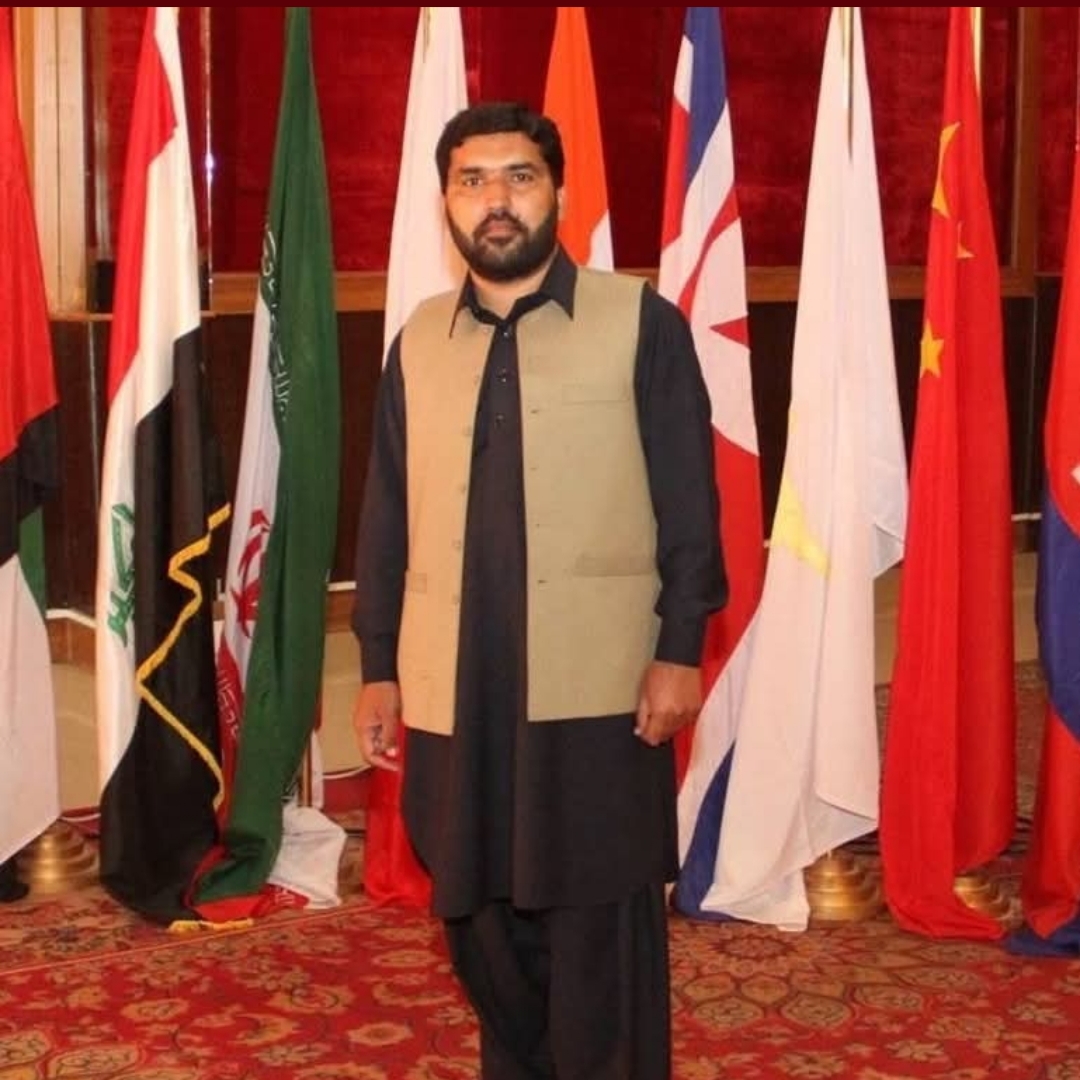
Naeem Akhtar plays a key role in shaping editorial content and maintaining the highest standards of accuracy and clarity. His dedication ensures that PNP’s coverage remains timely, reliable, and impactful for its readers worldwide.

